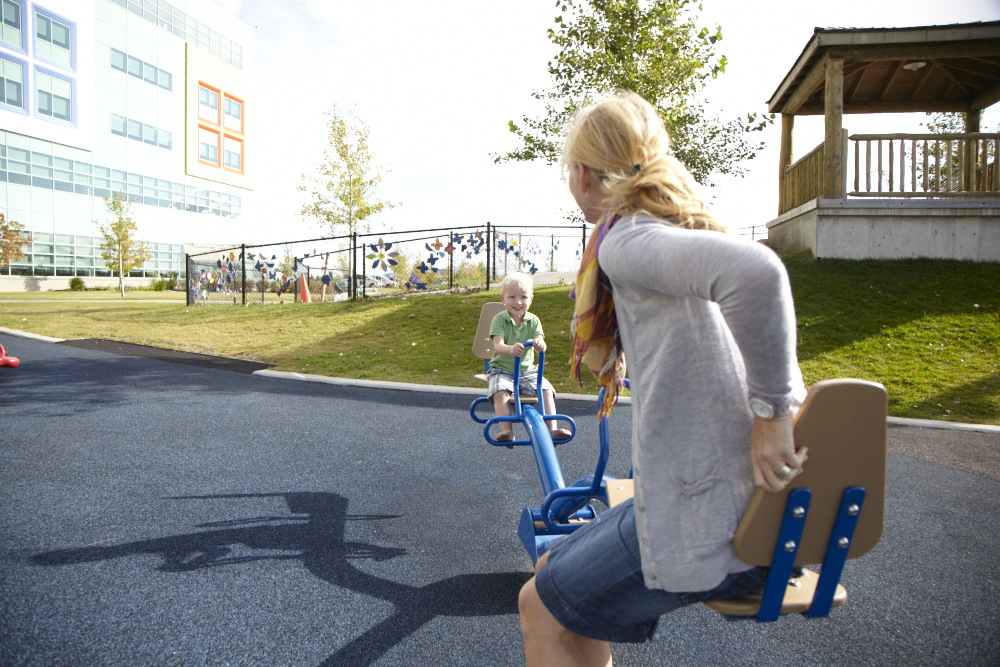Need to talk to someone? Call us at (587) 782-3259 or email us to connect.
Need to talk to someone?
Call us at (587) 782-3259 or email us to connect.
-
-
Your Child’s Surgery
Need to talk to someone? Call us at (587) 782-3259 or email us to connect.
Need to talk to someone?
Call us at (587) 782-3259 or email us to connect.
Your Child’s Surgery
Parents & Families / What to pack for your child’s heart surgery

When traveling for heart surgery, many parents find comfort in packing a bag or two with the essentials and a few “nice-to-haves” for their stay. Whether you are far from home, or experiencing a longer hospital stay nearby, having everything you need can offer peace of mind. For your child, having some household items like a blanket, pillow, or favourite toy helps provide some comfort and familiarity during a time of uncertainty.
As you pack, it is important to be conscious about what you bring. Too much clutter at a bedside or in a bed can make it difficult for a medical team to access your child when they need to. Pack smart and try to limit unnecessary items so the room stays clean and organized.
Heart hero parents have helped us to compile a list of the things they recommend you bring for yourself and your child. Label everything really well as things can get busy, and people and patients can move around quickly, and it helps to keep things sorted. Make sure everything can be stored or arranged compactly so that the medical team always has direct, clutter-free access to your child in case of medical emergency.
Contact the Surgical Coordinator at the hospital where your child will have their surgery. Sometimes, asking families who have been there before can help. You can find a list of support groups in your province here.
Surgical Coordinator - BC Children's Hospital
Phone: (604) 875-3002
Email: lea.legge@cw.bc.ca
Surgical Coordinator - Stollery Children's Hospital
Phone: (780) 407-7709
Email: ambra.gullacher@ahs.ca
College Plaza, Suite 1910
8215 112 Street NW
Edmonton, AB T6G 2C8
Canada
© 2024 Western Canadian Children’s Heart Network
Design and development by WE&US Agency